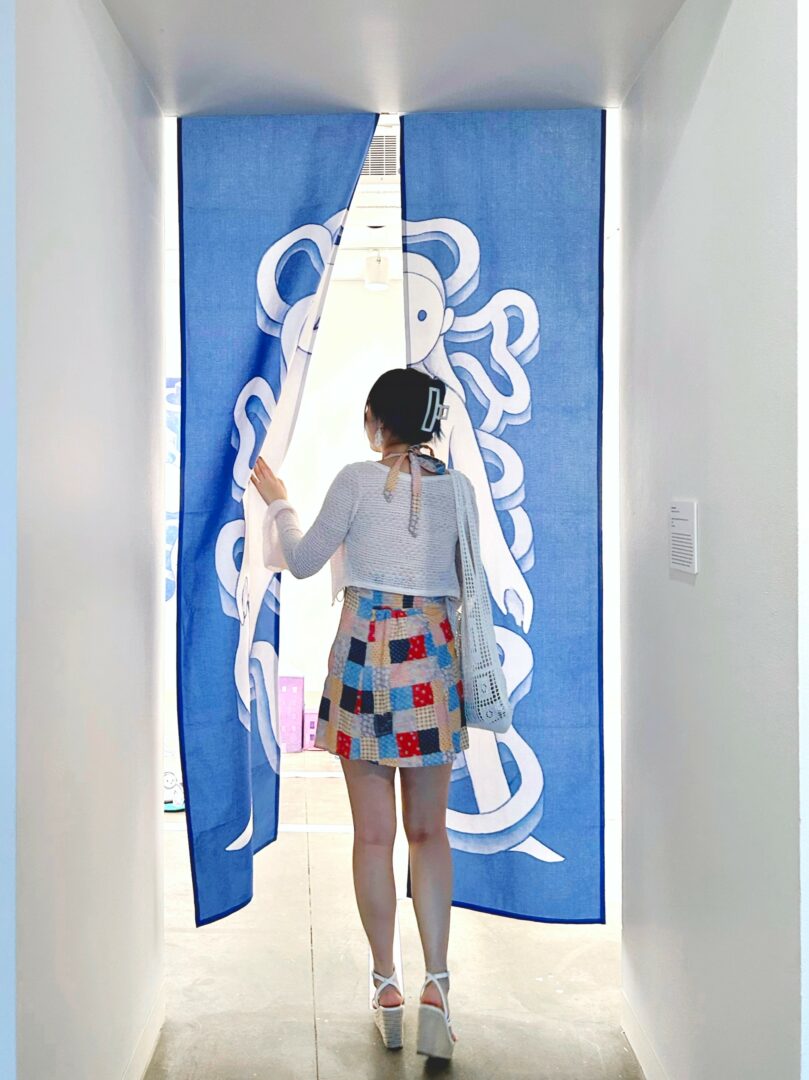Yala Zhou shared their story and experiences with us recently and you can find our conversation below.
Yala, a huge thanks to you for investing the time to share your wisdom with those who are seeking it. We think it’s so important for us to share stories with our neighbors, friends and community because knowledge multiples when we share with each other. Let’s jump in: What makes you lose track of time—and find yourself again?
I can find myself lose track of time from time to time, especially, for example, when I get caught up in studying, preparing for graduation, or thinking about my future career, I can easily lose track of myself and feel anxious. A big part of that comes from focusing too much on external standards—grades, achievements, or experiences. While those are important, I’ve realized it’s equally necessary to pause and reconnect with myself.
I do that by slowing down and giving myself space—writing or drawing about my feelings and thoughts helps me reflect and regain a sense of control over my mind and direction. Exercise also plays a big role, because it takes me out of my own head, gives me immediate feedback through my body, and makes me feel proud of the effort. Simple things like eating well and taking care of myself also remind me to appreciate who I am.
In short, I find myself again by balancing productivity with moments of reflection, creativity, and self-care.
Can you briefly introduce yourself and share what makes you or your brand unique?
I am a Chinese artist, illustrator, and graphic designer base in New York. My work mostly focus on digital and printed visuals, including illustrations and comics for articles, promotional materials, and other media. I also explore printmaking and ceramics.
As a freelance artist, I focus on capturing subtle, sensitive emotions from everyday life. I call this approach self-narrative—creating art that expresses my feelings and opinions, while also helping me process and understand them. Through this work, I hope to inspire others who feel similarly, offering a sense of connection and reassurance that they are not alone. I’m always exploring the best ways to combine composition, graphic design, illustration, and storytelling to create visuals that resonate emotionally with viewers and help them relate to the narrative in a meaningful way.
Great, so let’s dive into your journey a bit more. Who were you before the world told you who you had to be?
I think this is a really beautiful question. Honestly, the world never explicitly told me who I had to be—I discovered that gradually for myself. Before I realized I could make choices about who I am, I simply followed what others expected: the guidance of parents, the structure of school, or what classmates were doing. With limited experience of my own, I mostly responded to external encouragement.
I knew I had certain talents, like drawing, but I didn’t even recognize them as talents at the time. Often, I felt out of place. I tried to fit in, to imitate others, but it always felt awkward. In China, everyone around me was preparing for academic art exams, judged by the same standards, and I didn’t connect with that system. I even started to feel that drawing wasn’t really for me. It wasn’t until I stepped out of that zone that I began to see art differently. I discovered more possibilities, more ways to express myself, and more ways to move forward. When I finally follow the path that feels right to me, everything seems smoother, and I feel aligned with who I am.
I’m still discovering who I am now and who I want to become in the future, but I’ve learned that self-discovery comes from exploring beyond the boundaries others set—and trusting my own instincts along the way.
Was there ever a time you almost gave up?
Yes, it happened during my undergraduate studies in Italy. At the time, I was studying design because I thought it might be a safer path than art, which I lacked confidence in. I assumed design would be similar to drawing, but I quickly realized it was very different—it required a different mindset and technical skills.
I still loved design, but I felt lost because I had been drawing since I was six or seven, and suddenly, I stopped. For a while, I didn’t draw at all. Gradually, I returned to drawing purely as a hobby, without pressure or judgment, inspired by my favorite music, films, and the streets of Italy. I even started putting my drawings on my wall—something I had never done before.
One day, while walking by the Accademia di Brera in Milan, I saw students sketching on the ground while music students played nearby. It reminded me of my childhood drawing experiences in China, and I realized how much I had missed it. That moment made me decide—I wanted to fully embrace drawing again, and I told my mom that for my master’s degree, I wanted to return to drawing.
Now, I can be more grateful that I made that decision. Drawing makes me feel like this is truly my thing, and illustration helps me express even the parts of myself I didn’t fully realize. It allows me to understand myself better and feel more complete. I think this is what happens when someone finds the right thing for them to do.
Next, maybe we can discuss some of your foundational philosophies and views? What would your closest friends say really matters to you?
My best friend always says that I am really good and that I should love myself more. She tells me to think more about myself, not to worry too much about others, and not to just live for other people. She repeats this every time we have a deep conversation. I really appreciate it, because I know she’s right. Every time I tell her I know, I try to do it—but she keeps reminding me, showing how much I matter to her. In her eyes, I’m lovable, smart, and capable—even in ways I often forget. I always think that without her, I don’t know who I could talk to. Without her, I might not open up to anyone, not even myself. She helps me realize how I truly feel and what I really want, and I cherish our friendship more than anything.
Thank you so much for all of your openness so far. Maybe we can close with a future oriented question. What do you understand deeply that most people don’t?
I think I understand myself very clearly. Sometimes that level of self-awareness can feel a bit heavy, but it also helps me know what truly matters to me, what I want or don’t want, and the kind of person I want to be. I think many people don’t spend enough time reflecting on themselves. Without that clarity, it’s easy to get hurt by unnecessary things or people, or to be swept along by trends, distractions, or activities that don’t really benefit them. I’m not saying socializing or entertainment is bad, but I believe it’s important to know why you’re engaging in something and whether it actually contributes to your growth or happiness. If it doesn’t, it’s okay not to follow it, and it’s okay not to try to be someone you’re not just because everyone else is. Living in New York City, I see so many people with strong personal perspectives and preferences, but life moves very fast, and it’s easy to get lost. That’s why sticking to yourself and understanding who you are is, in my view, extremely important.
Contact Info:
- Website: https://www.yalazhou.com/
- Instagram: https://www.instagram.com/yalazhou/
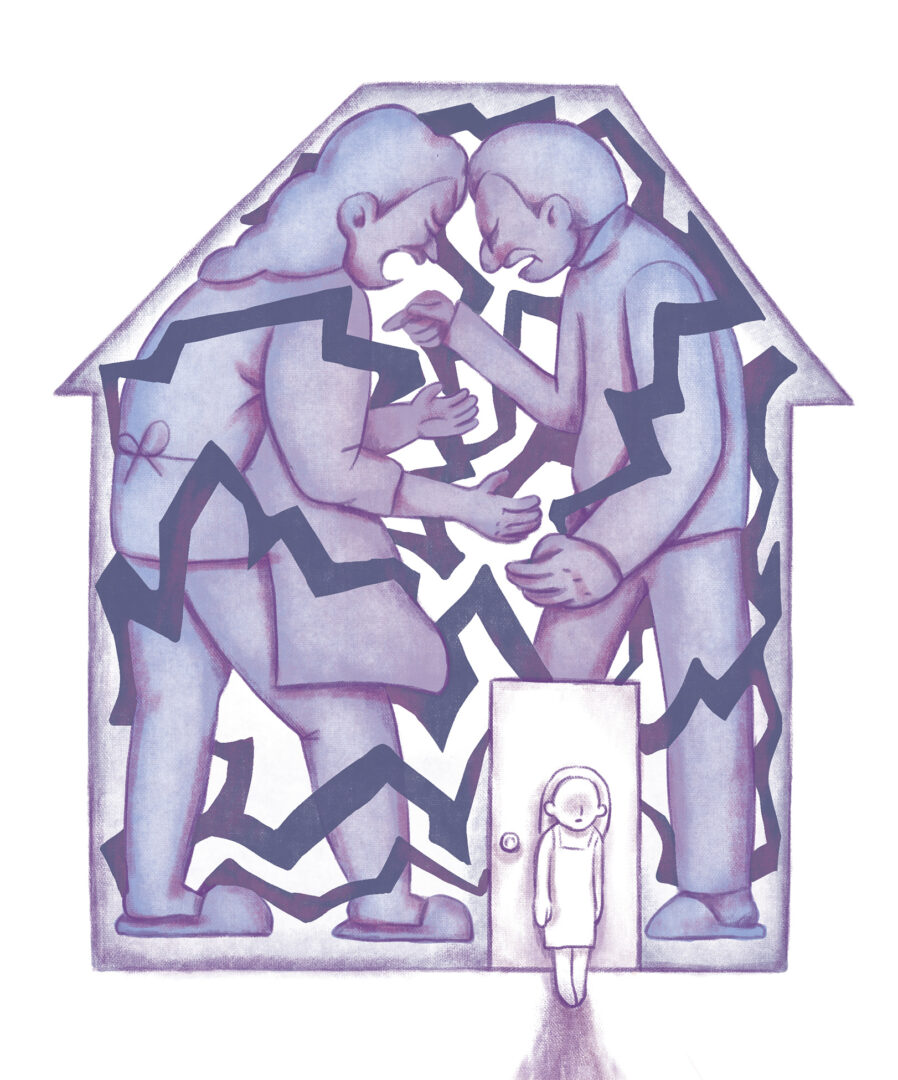
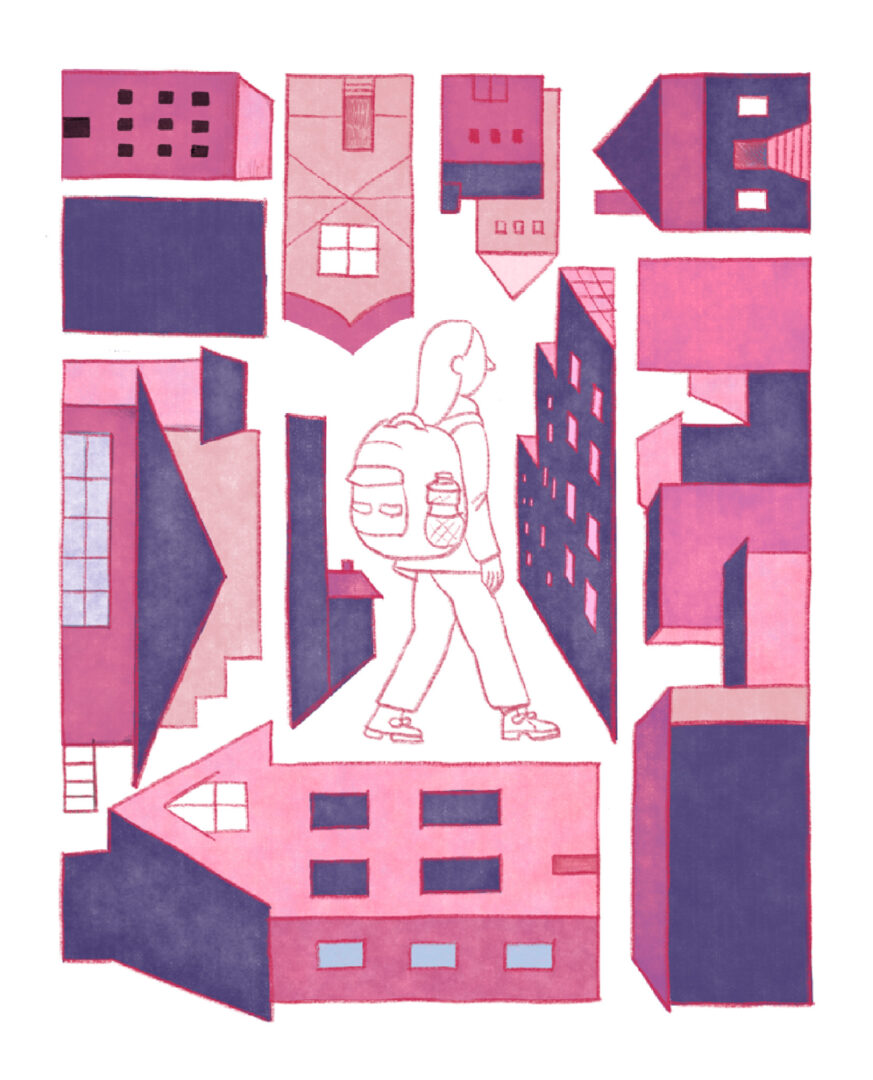
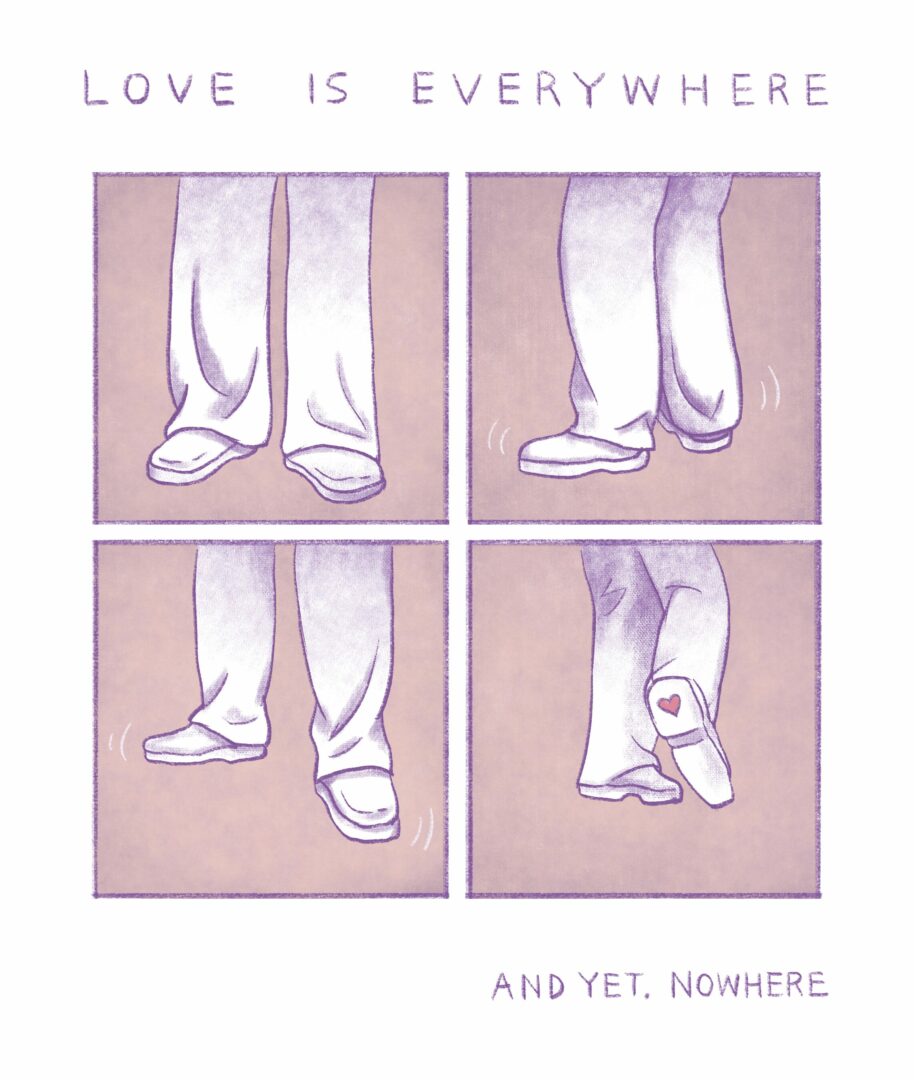
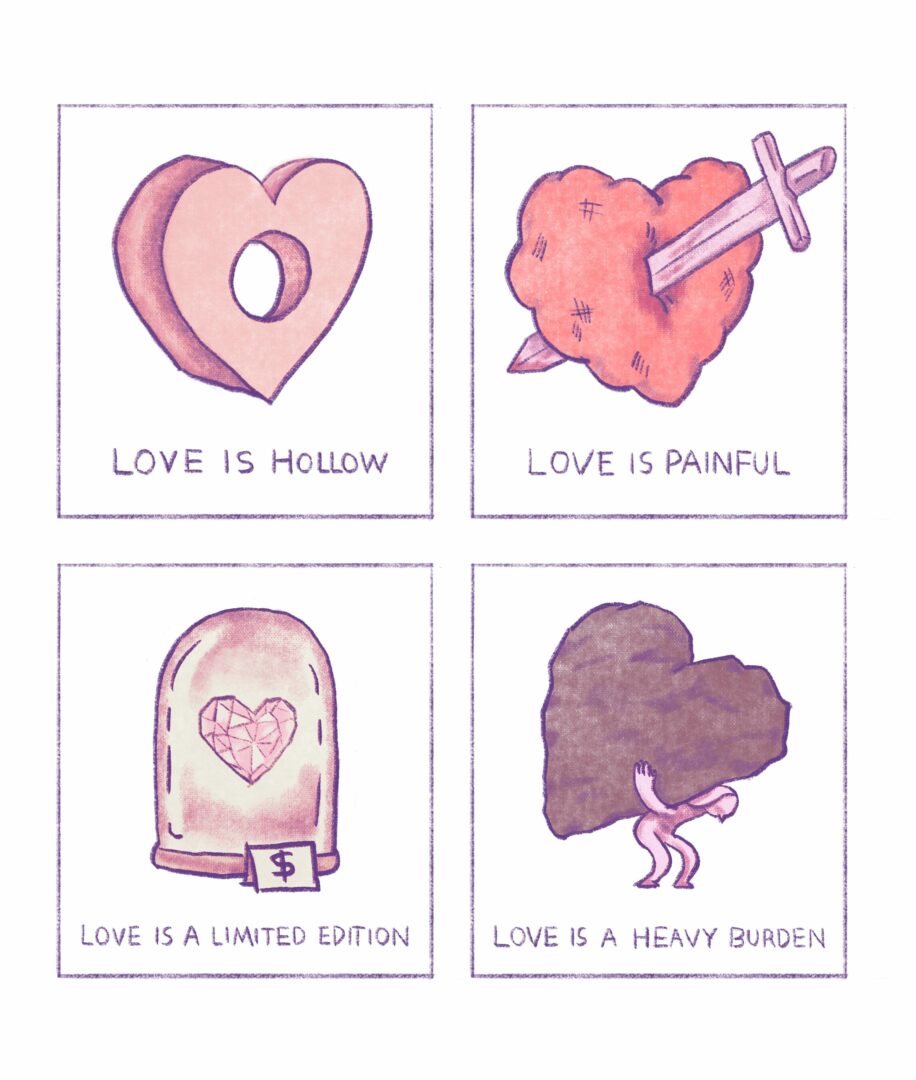
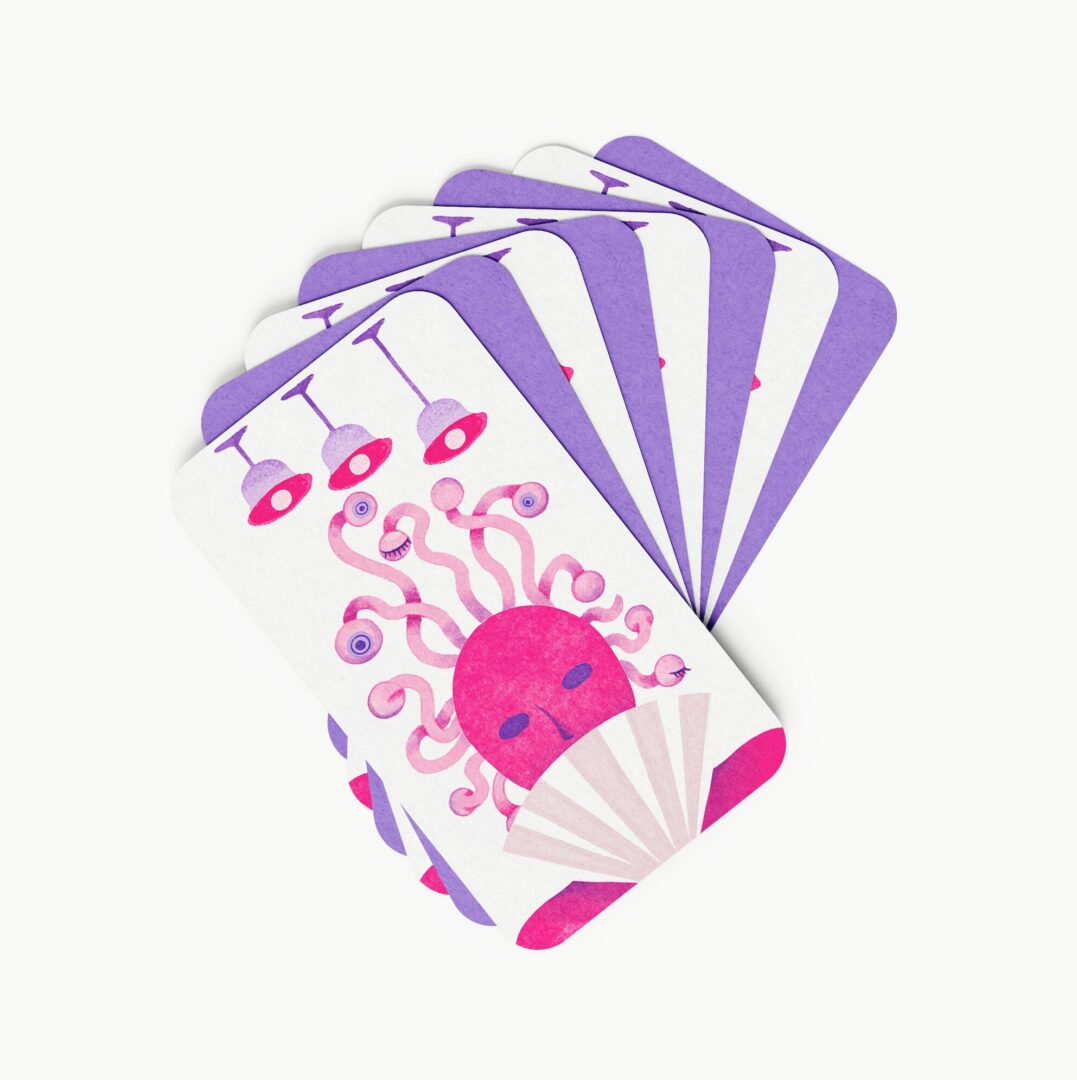
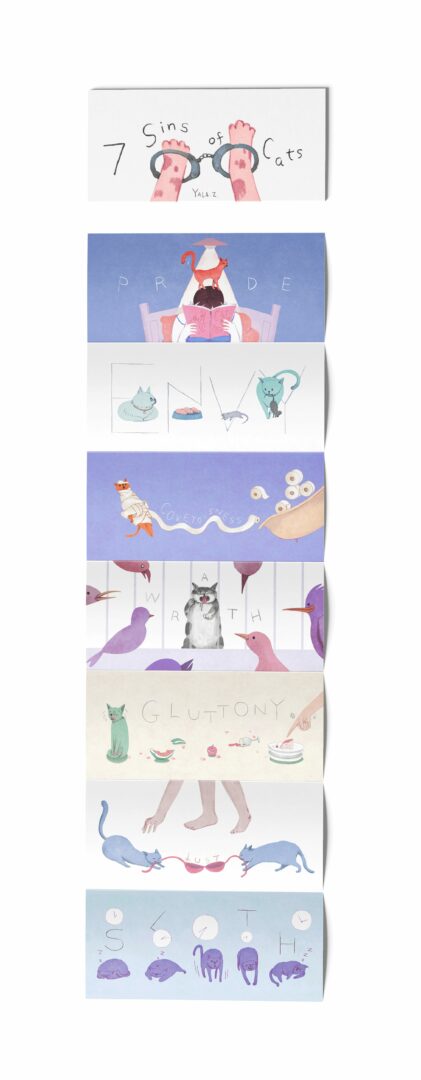
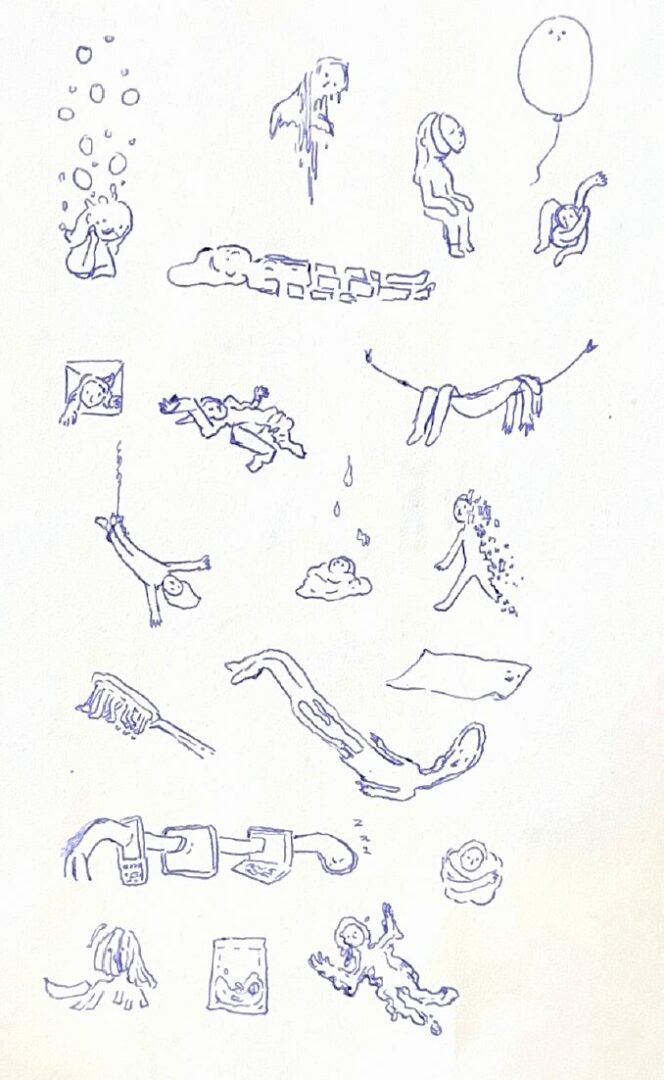
so if you or someone you know deserves recognition please let us know here.

